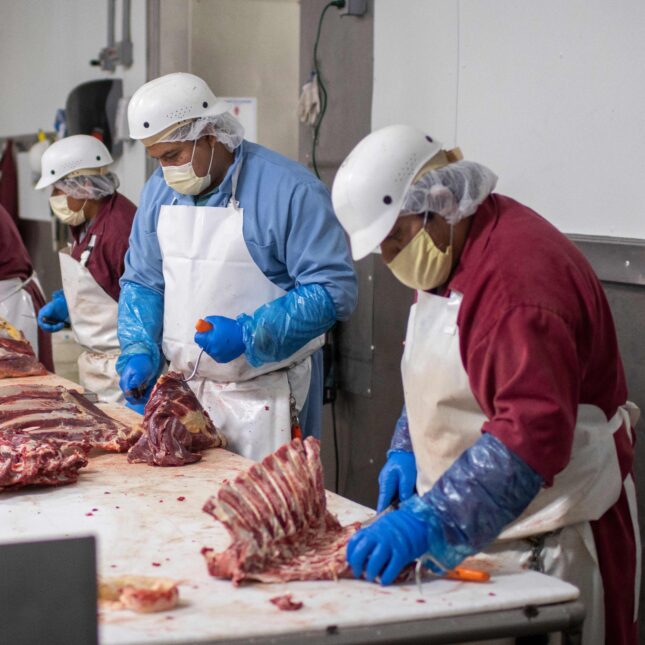The Quiet, Little Known Food Worker Dead

COVID-19 killed so many food workers who died without the larger world really being aware of what was going on, so long as they could buy their ground beef without thinking about it. They need to be remembered. Modern Farmer has tried to do that by profiling a few of them.
Humberto Rey always made sure everyone in his life was well fed. Throughout his 30-year career as a contract farmer, his daughter Cecilia recalls he always kept a fully stocked ice chest in his truck for all his workers to enjoy. “He had drinks, fruit and all kinds of little sweet things that he would carry and say, ‘If you’re hungry or you’re thirsty, help yourself, there’s plenty,” she says.
Cooking was Rey’s passion, and many of his family’s memories are centered around a table of his home cooking. Cecilia says she, her four siblings and their children would gather at Rey’s house on Sundays for a huge breakfast and lunch spread.
He took his cooking so seriously that when his wife had a garage and game room added to their home, Rey outfitted it entirely with kitchen appliances, tossing out a pool table to make room for a stainless steel stove, a fridge and sink. “That was his favorite room. He was always in there,” says Cecilia.
After years of working in farming—tending to fields of chilis, onions, cabbage and pumpkins—and cooking for his family, Rey decided to turn his passion into his career. He started up a food truck, Burritos Express, about three years ago.
Rey was born in Mexico and came to the US when he was 16. He met his wife, also named Cecilia, and they raised their family in the small town of Hatch, N.M. The couple was living in the nearby town of Hugo, operating the popular food truck this past July when Rey contracted COVID-19.
He was admitted to the Memorial Medical Center in Las Cruces, N.M. and died of complications from the virus on July 22. He was 56. Rey is survived by his wife, his children—Cecilia, Humberto Jr., Efren, Eduardo and Ibonne—19 grandchildren and one great-grandchild.
Rey, an active person and avid biker, was always healthy before he contracted the virus, and his death shocked his close-knit family, who miss his infectious smile, caregiving nature and excellent cooking. For Rey’s birthday this April—the family’s first without him—his relatives gathered to cook his favorite foods and light up fireworks in his honor. “We wanted to celebrate it like if he were here,” says Cecilia.
There are many thousands of workers who died up and down the food chain. In the early days of the pandemic, we called them “heroes.” What this meant was that we thanked them for giving their lives for us, even though they did not sign up for that, and that by their personal sacrifice, we also didn’t actually owe them anything like supporting their union campaigns or higher wages or better working conditions. No, they were just “heroes.” Made us feel good to say that. We’re respecting them after all!
Well, if these workers were indeed heroes, then they needed to be treated as such. That includes us being willing to pay more for meat because we are going to improve pay and working conditions in the meatpacking industry, for instance.


